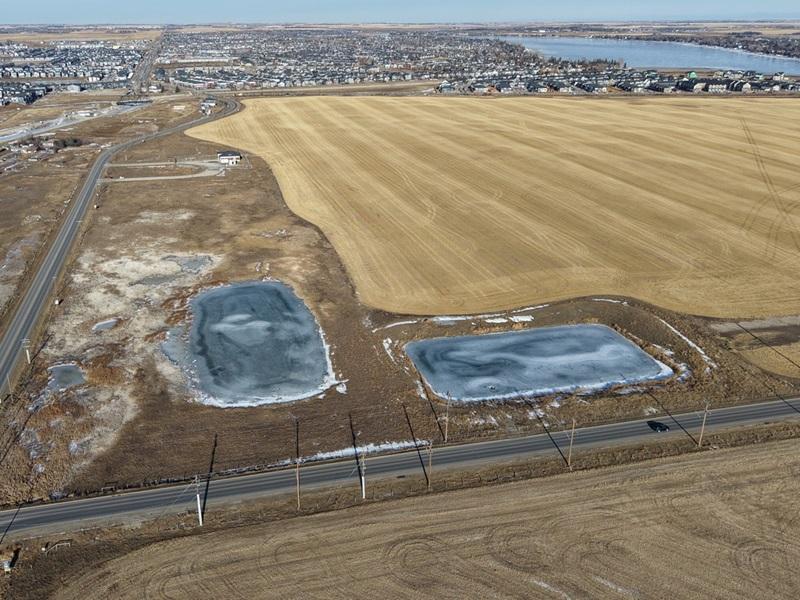
A window of opportunity could be an opening for homebuyers with down payments in the bank as the housing sales market moves toward a recovery in 2025, according to many industry forecasts.
How that will play out for the housing development industry, and particularly the condo sector, remains a bit more murky.
Despite ongoing economic uncertainty largely due to the threat of an international tariffs dispute with the U.S., there is optimism for both buyers and, to some degree, sellers.
Re/Max’s 2025 Canadian Housing Market Report forecasts 77 per cent of Canadian markets to be either a seller’s market (44 per cent) or balanced (33 per cent). Among the markets forecast to tilt in favour of vendors are Victoria, Metro Vancouver, Edmonton and Halifax, while it forecasts most of the Greater Toronto Area (including Mississauga), Kitchener/Waterloo, Ottawa, Kelowna and the Central Okanagan and Winnipeg among the balanced markets.
"While affordability challenges persist, the sequential interest rate cuts and changes to the mortgage stress test are a much-needed reprieve for those looking to get into the market," Christopher Alexander, president of RE/MAX Canada, noted in the report. "The current environment is more encouraging than it has been in the past few years, especially for first-time homebuyers.
“However, a boost in sales, coupled with limited inventory, almost always leads to rising prices, which is the trend we're expecting to see materialize in virtually all Canadian housing markets."
The only large market it forecasts to favour buyers is Hamilton, while it predicts mixed results in Calgary.
Traditional home-buying preferences persist
On wider market metrics, 60 per cent of those surveyed own their home, and that traditional homebuying values remain strong. It states single-family-type dwellings remain the most popular choices, and notes homes “with income potential to off-set rising cost of living” is growing.
It also notes a majority of respondents, 73 per cent, consider buying a home the best financial investment they can make.
On the pricing front, the Royal LePage Market Survey Forecast for 2025 projects national aggregate home prices will increase six per cent year-over-year to $856,692 by Q4 2025. It forecasts the median price for a single-family detached home to rise seven per cent to $900,833 a condo to rise 3.5 per cent to $605,993.
This is in line with forecasts from several other major Canadian realtors.
Buyers have been slow to return to market
A combination of pent-up demand, the recent rate reductions, adjustments to CMHC mortgage rules, and a sales slowdown which has moderated prices somewhat are all coming together, according to Phil Soper, president and CEO of Royal LePage.
“Most notably, the Bank of Canada’s shift from ‘inflation fighter’ to ‘economy booster’ has taken time to influence buyer behaviour,” he said in a corporate blog post. “We saw a marked increase in market activity at the start of the fourth quarter, following the Bank of Canada’s 50-basis-point rate cut. Buyers now believe home prices have hit bottom and are eager to act before competition intensifies.”
In fact, in its December Canadian Housing Outlook, TD Bank economist Rishi Sondhi wrote that sales in Q4 jumped 12 per cent year over year, with B.C. and Ontario leading the way.
Last week’s second consecutive 50-BPS rate reduction is expected to continue that momentum, though condo prices are expected to take longer to recover due to a glut of product on the market as investors continue to feel financial pressure due to lower rents.
“In Ontario, the GTA condo market continues to be plagued by too much supply relative to demand, and prices are likely to continue falling into next year,” Sondhi wrote. “However, this condo market weakness should make it easier for more expensive types of housing, like detached units, to outperform, delivering some offsetting upside for average prices.”
With all of this happening amid a shortage of housing supply, the implications on the development industry are also critical. Royal LePage’s Soper expects activity here to also pick up.
“We believe the return of buyers to the market will encourage builders and trigger a wave of new supply, which is very much needed,” he said in the post.
Higher housing inventories
Other forecasters agree activity will remain elevated, helping clear out existing housing inventory.
“Next year, Canadians can anticipate a lively spring market kicking off as early as March,” Lauren Haw, broker of record and industry relations officer at online brokerage Zoocasa, said in a 2025 outlook post.
The Canadian Real Estate Association, in its December housing report, suggests the traditionally slow winter housing market could remain robust. Sales have returned to the historical 10-year moving monthly average, and are up almost 20 per cent on a monthly basis from the lows last spring.
“Not only were sales up again, but with market conditions now starting to tighten up, November also saw prices move materially higher at the national level for the first time in almost a year and a half,” Shaun Cathcart, CREA’s senior economist, said in the report. “Normally we might expect this market rebound to take a pause before resuming in the spring; however, the Bank of Canada's latest 50-basis point cut together with a loosening of mortgage rules could mean a more active winter market than normal.”
Zoocasa also suggests some homeowners facing mortgage renewals in 2025 at significantly higher rates could consider downsizing to improve their housing affordability. This would add additional inventory in a market which has seen growing inventory throughout 2024 - sellers have returned but until the fall few buyers had jumped in.
It also projects a longer recovery for condo sales. A CIBC / Urbanation report cited expenses which have risen almost 60 per cent for investors since 2020, resulting in sales bottoming out.
“Investors will continue to have a lot of supply as multiresidential mortgage renewal rates push many condos and multiplexes underwater,” Haw wrote. “At the same time, the challenges of making land investments financially viable continue to discourage new development.”










